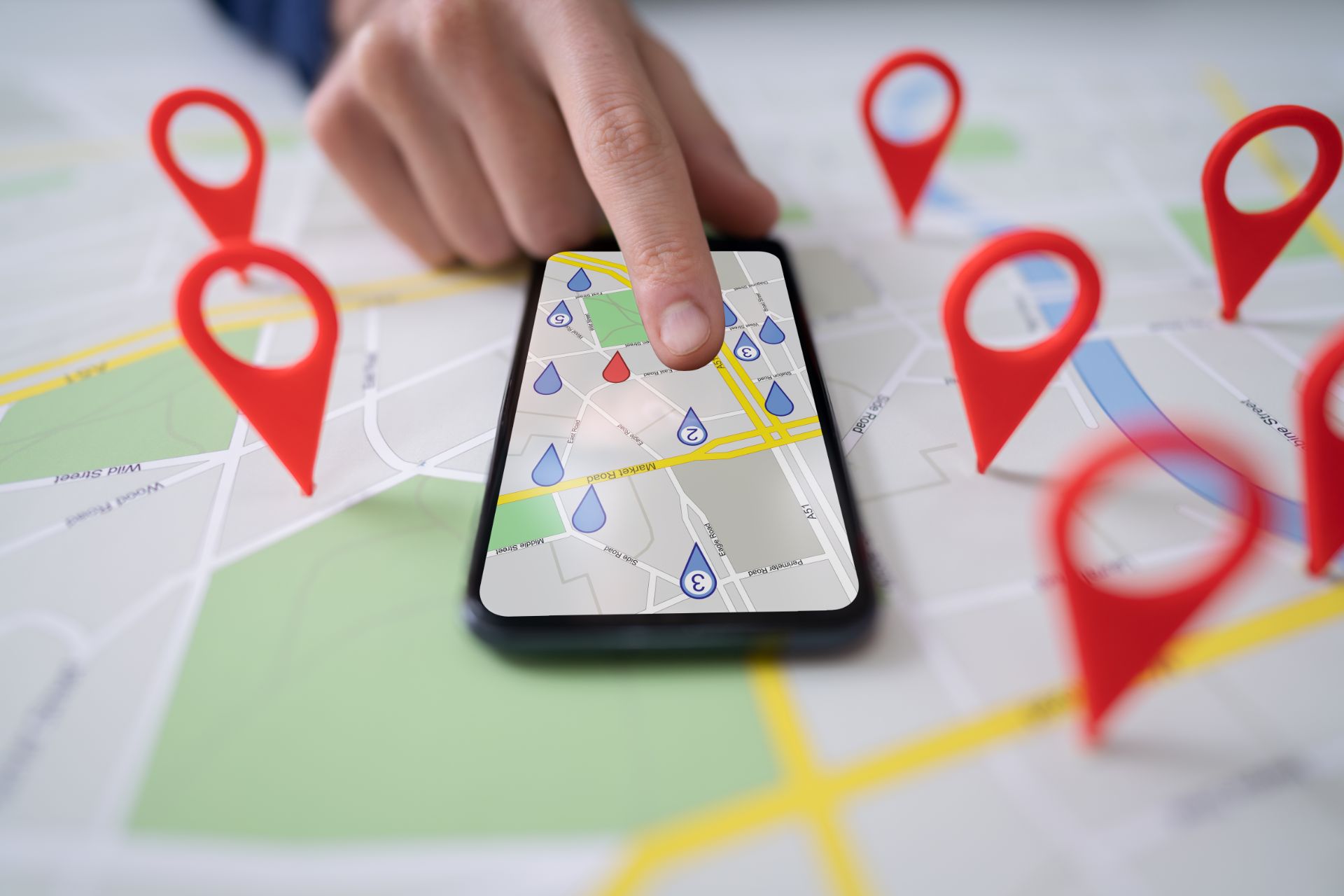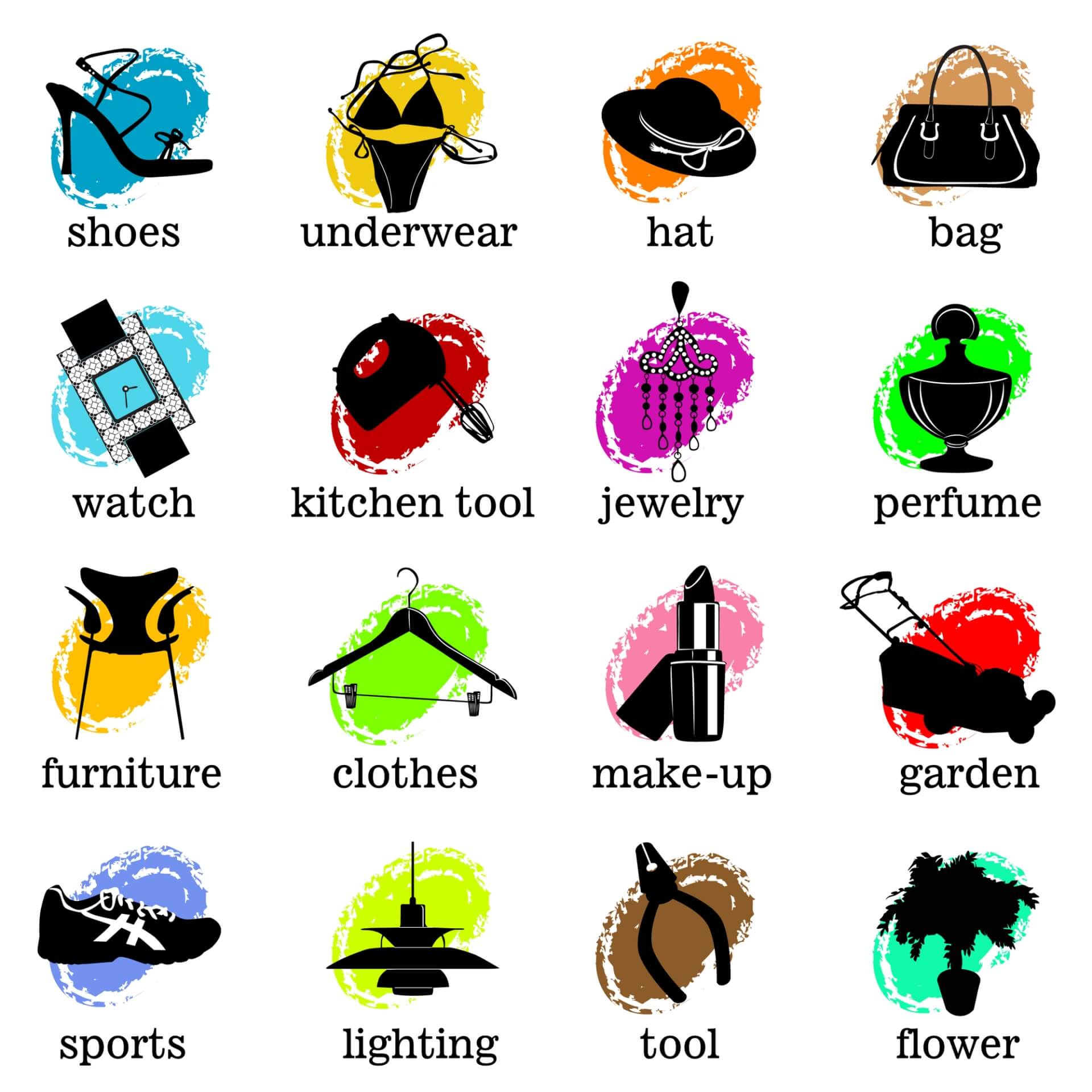What is SEO? List of Most Common Questions – Beginners Guide

SEO is the difference between your business being online and your business thriving online. If you can use SEO correctly you will not only be successful but become the leading company in your field.
You don’t believe me, that’s fine. You will just have to miss out on learning what SEO is and how to make it work for you. So, go ahead and leave this page.
You’re still here?
Good! Let’s get started then.
What is SEO?

First and foremost, what is SEO?
Well, SEO is the short way of saying search engine optimization. It is the practice of leveraging the rules and functions of a search engine to boost a website’s presence within that said engine. The key source of that leverage comes from understanding the words and phrases that users input when looking for anything online. This helps to increase the amount of traffic to a website.
The way SEO works is by using the search engine’s feature to benefit one’s self. Most search engines automatically scan through the internet and archive information and websites it finds. They then sort through and organize their findings. When a word or phrase is searched through their engine it brings up the most relevant information they have archived. SEO is the process of leveraging how a search engine archives and categorizes information as the “best” or “most relevant” for any given subject.
There are three primary principles to SEO, traffic amount, traffic quality, and organic results. The first, traffic amount, is simply the number of people visiting your website. The more visits to your site the better. The second, traffic quality, works with and against traffic amount. The reason is simple, you can attract thousands of people to your website, but none of those visits matter if they are landing on a page unrelated to what they searched for. Lastly, organic results are normal visits to your website that were not paid for. Meaning they came from an organic search rather than a paid advertisement.
However, the most important part of SEO is the utilization of keywords. If used correctly, they will boost your ranking within search engines. All this means is your website has a better chance of being on the first search results page. So as for what a keyword is, they are the word or phrase that people search for when trying to find anything on the internet. An example being “Editing Laptop”, both words individually are important but so is the entire phrase. This tells the search engine to bring up anything that deals with editing and laptops.
What is SEO Marketing?

What is SEO Writing?

What is Local SEO?

So How Do You Use SEO?
To start utilizing SEO to benefit your website, you will need to find out if your website has been archived by search engines. The easiest way to do this is to type “site:yourdomainhere” into the search bar and search for it. This should bring up any and every page from your website that has been archived.
Here is an example of what it should look like “site:chavezwebdesign.com”
If the search for your website does not bring up any results, there are several possible causes.
Your domain could be too new and all you need to do is wait. Most search engines automatically crawl the internet to find websites to add to their archives. So, if you just created your website give search engines a day or two to find your new site and archive it.
Another reason for the absence of results could be the lack of positive connections to your website. To avoid this just increase the number of those connections to your site. But make sure you have zero or as close to zero negative connections as possible.
As to what is a positive and negative connection, they are links from other websites to yours. Therefore, the reputation of those sites determines how the connection is viewed. Consider it like this, you are looking to buy the best bicycle for downhill mountain riding, and you have two recommendations, one from a professional downhill racer and another from a pro skater with no experience in mountain biking. The choice should be obvious here which recommendation is better. It is the same way with links, those from reputable sites have a positive effect as those who do not have the opposite.
If you do not know whether you have any links to your website, or even do not know if they are positive or negative, let us find out. You can use a link checker tool like the link explorer at MOZ.com, to check your website and see what links to your website you have. From there you can see how credible those sites are and determine a course of action. If your wish to not have the website link to yours, there is a process you can go through to have it removed. The first is to contact the other site and ask them to remove the link to yours. Yes, you will be asking and yes, the outcome depends on how cooperative the other website wishes to be. If you do not want to contact them, you can disavow the link through the search engine. Google offers a disavow tool for its registered users to use. The way to register is simple, you just tell google what domains you own and provide evidence of ownership.
Another reason for a search engine failing to find your website is that its design, for one reason or another, is too complicated to be archived. Redesigning your website to be more search engine friendly will fix this issue. To help with that check out Google’s list of guidelines on how to make your website more search engine friendly. Here is a link to Google’s guidelines.
“https://developers.google.com/search/docs/advanced/guidelines/webmaster-guidelines”
These guidelines will help with the next possible reason your website is not being archived on search engines. That reason being your website policies. The rules you set for your site could be directly interfering with the search engine. You could be denying the engines access to your site or one of your policies could be against one of theirs. To fix this go through the Google guidelines talked about above and you should find the solution for your policies.
Now that you have found your website on all of the wonderful search engines of your choice, it is time to find what keywords you should be using.

The simplest way to find keywords is to imagine what a customer would type in a search bar to find their desired product or service. This will not give you a clear picture of what people are searching for, but it is a start.
Another way to find keywords is to visit other websites. I suggest going to Facebook, Quora, LinkedIn, and Reddit. The reason you should go to these websites is that they are where customers go to discuss their lives, experiences, and more importantly the products and services they have used or want. So, go to these sites and search for groups, discussions, reviews, and questions that are about your given product or service type. Look at the words they are using when describing what they are looking for in a product and their experiences with said products. These words can all be used as keywords for SEO.
If combing through pages and pages of discussions and reviews is not something you want to do, you can always use an SEO keyword research tool. These are programs that handle all the research for you and gives you statistics on how popular the words are for searches. There are free versions of these tools as well as paid ones. The difference between all of them is the features they offer, so try them out and find the one you like best.
However, do not make the same mistake that most businesses do when searching for keywords. That mistake is only doing it once. Our society is constantly evolving, whether that is a good thing or bad is up to you. What you need to take away from it is that this also affects how people search for things on the internet. The words they use will change in popularity and some can be replaced with others. To combat this all you need to do is keep your keywords updated. Make sure you research new words and phrases regularly and do not be afraid of expanding your current list of keywords.
There is one more thing that you need to know about keywords. That is, the more popular the keyword, the more competition you have in using it. Because of this, do not be afraid of experimenting with keywords, and keep your keyword list diverse. Use words related to your goods and services that you think will not bring in many customers. Those words could become the best performing keywords in your list, and in turn, help give you an advantage over your peers.
Once you have created your keyword list, the next step is to put those keywords to work.
You will first want to group and categorize your keywords. What I mean by this is to put all the similar words together so you have manageable groups that will aid you rather than work against you. After you have groups all of the keywords into similar categories, you are going to further segment those groups into even smaller and more precise ones.

We will use “handbags” as an example. You would group all the keywords related to handbags into one group. Next, divide those words into new groups such as colored handbags, leather handbags, canvas handbags, 100% recycled material handbags, and such. Those would then be further divided into smaller groups and so on and so on. Doing this allows you to have dedicated pages for each keyword. Those dedicated pages will allow for even more optimization, as well as allow customers to land on pages with only the information they desired. Doing this also aids you in not overusing the keywords throughout your website, and also by not having one page being smothered with every keyword you have in your list.
Now that all your keywords have been grouped up into nice manageable categories, let us start using them.
You want to make sure to place your keywords in page titles, the URLs for those pages, and throughout the pages themselves. Each keyword should have one dedicated page that talks about it. This allows you to fully use that keyword and show your customers why your version of it is different.
Next, you want to make sure all the images you are using for a keyword have image alt tags with that keyword. This will be seen by google and aid you in getting the top spots in search results. Doing the same thing for meta tags has the same effect. So, make sure you are using keywords within them as well. The final thing you should do is to use your keywords as anchor links to their respective pages. For instance, if you have a page describing all the different handbags you have for sale, use those different types of bags as links to their pages. If you have “Leather Bags” then make it a link that redirects you to the page about Leather Bags.
After finding and effectively using your keywords, the last step is to satisfy the people who land on your website. What this means is to ensure that the people coming to your website are landing on the correct pages related to what they searched for. Do not have the land on your page about wallets and they were looking for hats. When that happens, most people will just back out of the website and go to the next search result. Having the land where they intended to land, leads to them having a higher chance of purchasing your goods or services. If they do not land on a page related to their search, they now must search through your website to find what they wanted. This makes it more likely that they will be unsatisfied with their search and leave your website without buying anything.
Conclusion
SEO is all about leveraging how search engines give results to the people using them. You need to understand what keywords are and how to find and use them to benefit your website. Once you have effectively employed SEO in your marketing strategy you will see a difference in your online presence and your business success.
Take what you have learned here and succeed!
I would like to thank you for spending your precious time reading our blog. I would also like to recommend any one of the other blogs available on our website, all with tips and tricks to help businesses grow. However, my favorite is Top 10 Productivity Tips for 2020.
https://chavezwebdesign.com/top-10-productivity-tips-for-2020/
So, I encourage you to take just a few more minutes out of your day and browse through the rest of them. I am 100% positive you will find something else to aid your business.
https://moz.com/learn/seo/what-is-seo
https://developers.google.com/search/docs/beginner/seo-starter-guide
https://ahrefs.com/blog/seo-basics/
https://www.onlinewritingjobs.com/seo-writing-for-dummies/
https://yoast.com/ultimate-guide-to-small-business-seo/#pillars
https://developers.google.com/search/docs/beginner/seo-starter-guide
https://developers.google.com/search/docs/advanced/guidelines/webmaster-guidelines
